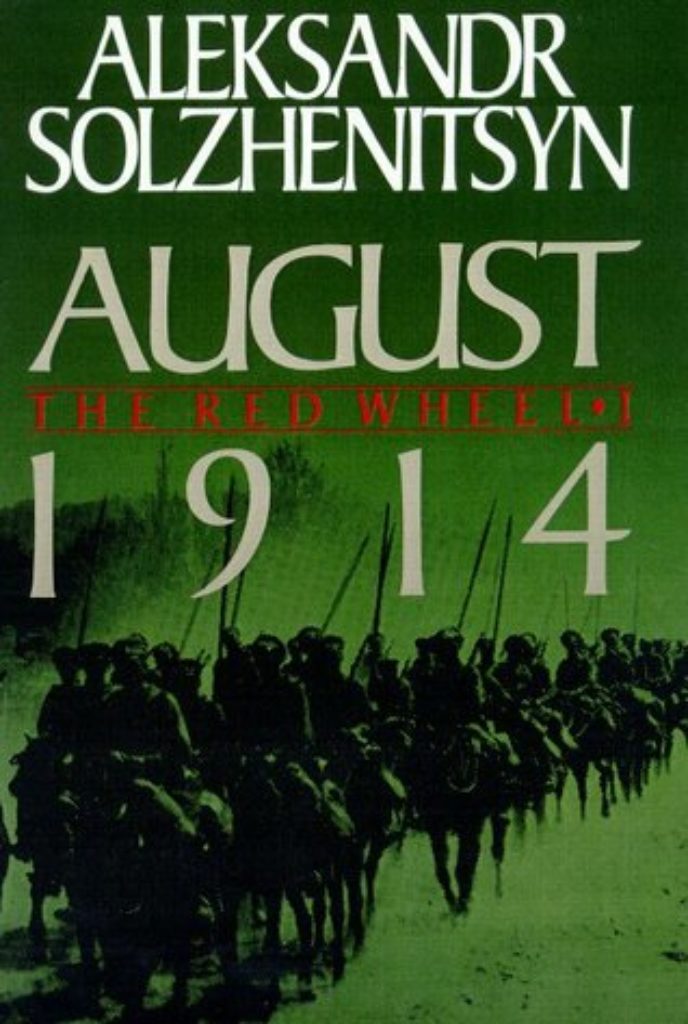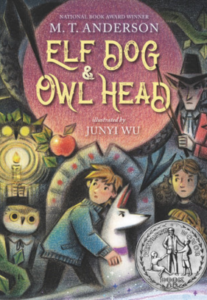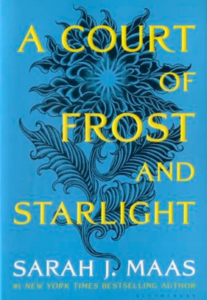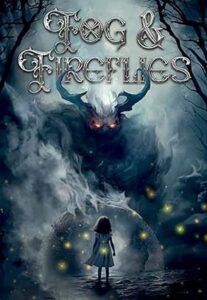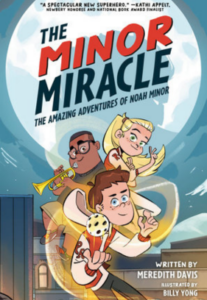-
Comment on Varsonofiev’s quote: “Intolerance is the first sign of an inadequate education. An ill-educated person behaves with arrogant impatience, whereas truly profound education breeds humility.”
-
Sanya struggles with how to react to the war and tries to determine his part in it.
- How was his decision right?
-
How was it wrong?
-
Some critics say Samsonov is a Christ figure, especially in his death.
- In what ways do you see Christian imagery?
- What part does his suicide play in this scenario?
-
Do you agree with critics?
-
Solzhenitsyn’s view on war was that whether we like that it happens or not, we should support our nation.
-
Do you agree? Explain your answer.
-
Do you agree with Solzhenitsyn’s idea that “revolution” was too drastic and that social progress needed to happen gradually?
- Do any events in the history of your nation support your opinion?
-
What experiences or studies have led you to this conclusion?
-
How do you think Solzhenitsyn felt about generals?
- Common soldiers?
- Who do you think he blamed for the disastrous outcome of the war?
-
Who do you blame for it?
-
How are educated people (the “intellegencia”) portrayed in this novel?
-
Is it a fair portrayal or a poor one?
-
Do you believe there is a connection between godliness and patriotism? Explain.



